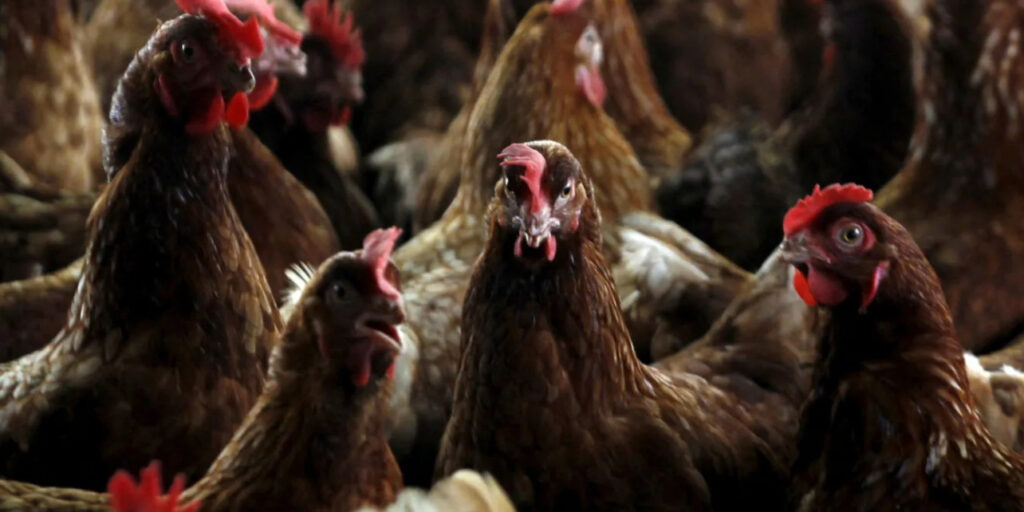A bird flu outbreak of the highly pathogenic avian influenza (HPAI) H5N1 strain has been confirmed at Over Ascreavie House in Kingoldrum, near Kirriemuir, Angus. The Scottish Government has imposed strict measures, including a 3km (1.8-mile) protection zone and a 10km (6.2-mile) surveillance zone, to contain the spread of the virus.
Restrictions to Prevent Spread of H5N1
The Chief Veterinary Officer, Sheila Voas, announced the outbreak on Friday evening. Movement restrictions have been implemented within the affected zones to control the virus. These measures include bans on the movement of poultry, carcasses, eggs, used poultry litter, and manure.
Visitors to premises within the 3km protection zone must maintain records of interactions with poultry and report the number of birds on-site, as well as any illnesses. All poultry must remain housed or isolated until restrictions are lifted.
Additionally, the movement of domestic mammals into or out of the protection zone is prohibited if they have access to areas where poultry is kept. Poultry or eggs from unaffected areas may transit through the zones via major highways or railways, provided no stops are made.
What Is Bird Flu?
Bird flu, caused by the H5N1 virus, is an infectious disease that primarily affects birds but has been known to infect other animals, including foxes and seals. The H5N1 strain first emerged in China in the 1990s and has since caused outbreaks globally.
While transmission to humans is rare, experts emphasize that the risk remains low, with no sustained human-to-human transmission reported.
Government Response and Declaration
The Scottish Government’s declaration, signed by Sheila Voas, confirmed that the outbreak was officially recognized at 20:15 on Friday. Measures will remain in effect until amended or revoked by further declaration.
The declaration stated: “The Chief Veterinary Officer (Scotland) has formed the opinion that highly pathogenic avian influenza exists, or has in the previous 56 days existed, on premises and has informed the Scottish ministers of that conclusion.”
Public and Farmer Guidelines
Farmers and poultry keepers in the affected areas are urged to remain vigilant and adhere to biosecurity measures to prevent further spread of the virus. The public is reminded to report any sightings of dead or ill wild birds to authorities.


